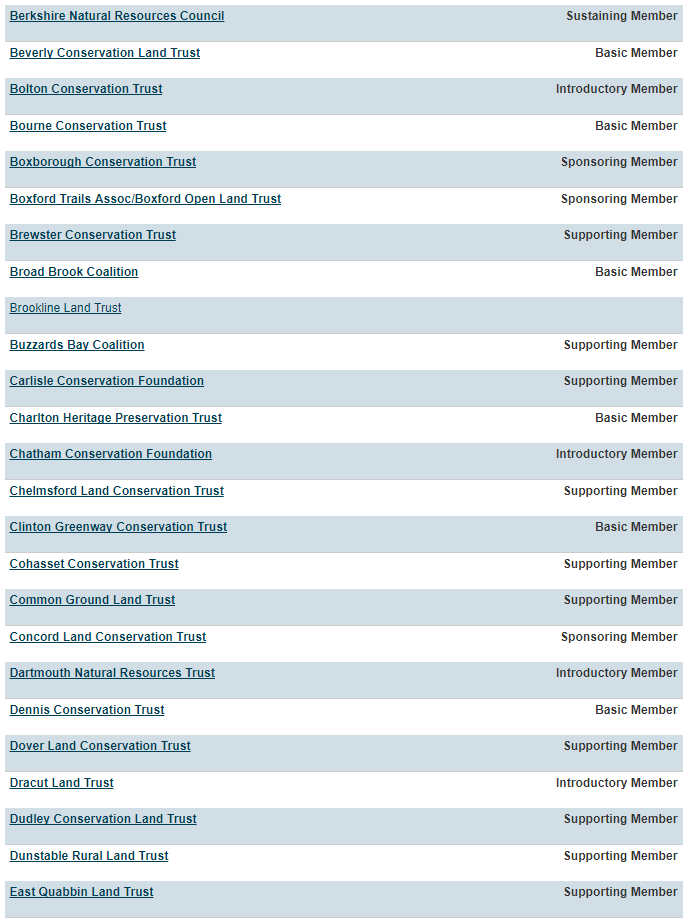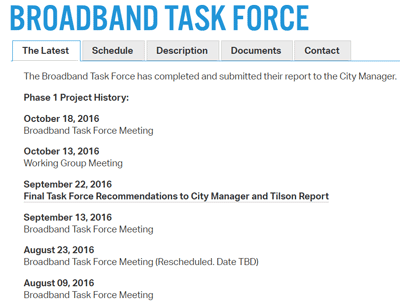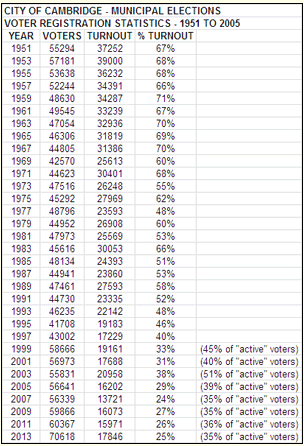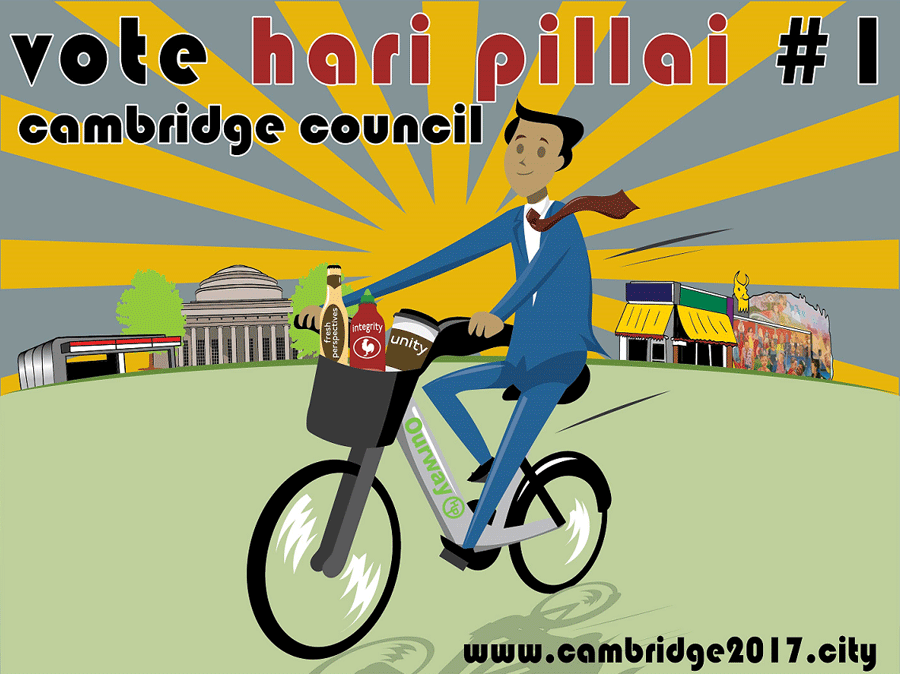Hari I. Pillai
2017 Candidate for Cambridge City Council
Home address:
165 Cambridgepark Dr. #234
Cambridge, MA 02140
Contact information:
website: www.cambridge2017.city
phone: 857-574-5295
email: hari@cambridge2017.city
Facebook: facebook.com/hari.pillai.75491
Send contributions to:
I'm not taking any donations from anyone. I'm entirely self-financed.
Hari I. Pillai is a new candidate this year.
Background
I was born/raised in the Mississippi Delta to Indian immigrants who migrated here during the ‘60s. Both of my parents were activist educators. My Dad became a Physics professor at a Historically Black College (HBC) and helped drive some social reforms, such as leading student rallies to implement Martin Luther King Day. My Mom was a middle-school science teacher for an inner-city school, and she, too, helped advance some progressive change, such as taking a visible role in a teacher’s strike for better pay in ’85.
Even at a very early age, I knew that I wanted to be in the Northeast. So after completing my BS in Engineering at Mississippi State University, I moved to Troy, New York, for my MS in Engineering at Rensselaer Polytechnic Institute (RPI) in ’97. While at RPI, I became a Graduate Student Senator, taught the non-traditional Navy students Differential Equations/Calculus in RPI’s Extension Program in Malta, New York, and volunteered at Zoller Elementary School in Schenectady.
Right after completing my Masters, I worked at GE Power Systems as a Process and Quality Engineer, and eventually moved to the Boston Area. Over the years, my career would meander more or less to other areas, including being a tutor, health and wellness coach at the Oak Square YMCA, and in the last few years, I’ve been an Account Manager in the Technology Sector.
Outside my career, I’ve involved myself in many campaigns for local, state, and federal elections, and did a lot of volunteer work as a Massachusetts Service Alliance grant reviewer, mentoring young kids, and volunteer at Massachusetts Correctional Institution - Shirley to promote mindfulness and to cultivate spiritual practices using Buddhism as a vehicle. At my work, I’m a member of African American Business Leaders for Excellence (ABLE), Asian American Professional Group, and Pride in addition to mentoring and coaching junior employees.
I’ve lived in Cambridge for the last 5 years, and currently, I live at Alewife with my lovely wife who’s a medical resident at Mt. Auburn Hospital.
Top Priorities
My top priorities are:
- Affordable housing
- Economic justice
- Implementing a shared parking schema in Alewife and other areas
- Environmental stewardship
- Community broadband internet
- Volpe Redevelopment Project
- Arts, maintaining our unique identity, and zoning for an artist colony
- Increased voter turnout
- Cannabis and the social justice of normalization
Affordable Housing – Ideas and a matter of self-reliance
For quite a few election cycles, we've been talking about making housing more affordable, but it seems that we're just sloganeering our way through this time of difficult housing options.
When it comes to affordable housing, we have allowed myopically-sighted corporations to develop "Sameness Structures" at the expense of our city's individuality and livability. If you look at what these big chain real estate developers are doing, they're literally speculating on a $30M scale. This explains why one real estate corporation, just after completing construction of an apartment complex, quickly sells the property and simultatnously builds another property vicinal to the property just sold in order to not have to pay a short-term capital gains tax since they're expensing the gains in an investment (i.e. all tax-free gains).
If you analyze the publicly traded companies, like Equity Residential or Avalon Holdings, who have both built high end apartments here, their net profit margins are 30% and 48%, respectively. Avalon is actually ranked #6 out of 1,143 (Figure 1) companies on the NYSE in terms of net profitability with a 48% net profit margin.

Figure 1. Screenshot of some of the most profitable corporations on the NYSE. Note that 2 of the top 7 are actually real-estate corporations.
*My view is that asking these big developers to help solve our affordable housing crisis is like asking Big Pharma to help solve our opioid crisis.*
 Figure 2. As you can see, Cambridge is conspicuously left out of this list. |
It's my view that we have the talent, energy, and ethics – both work ethic, and more importtantly, the moral ethics – around here to more than get things done on time aand on budget. What we should do instead is to develop our own apartments using the amazing intellectual resources here. Additionally, we should not be nervous to explore innovative ideas, like intentional communities, reverse auctioning of units, micro-homes, etc.
Another solution to complement developing our own living spaces is to develop a Community Land Trust like they do in many other towns and cities across Massachusetts (Figure 2). What a Community Land Trust would allow our community to ensure long-term housing affordability by acquiring land and maintaining ownership of it permanently.
 Figure 3. Here’s a screenshot of some options for NYC’s inclusionary zoning (IZ) plan. Option 1 is for 35% IZ, Option 2 is for 30% IZ, and “Workforce Option” also for 30% IZ. |
To augment the costs for working families, we should increase the inclusionary zoning from 20% to 25% (Figure 3), like they do in San Francisco, and even consider for some options to have 35% like they do in some parts of NYC.
Also, let's have a transfer-tax on speculators and on foreign investors as the Alderman of Somerville have proposed recently. Currently, Massachusetts has a real estate transfer tax, but municipalities like Cambridge do not have the ability to institute such a fee. We should pursue legislation at the state level that would allow a local transfer tax on speculation with the revenues allocated towards the creation of more affordable housing.
Economic Justice
I'm a staunch believer that our levels of inequality are a direct threat to our democratic system. I'll do everything in my control to reduce income inequality, and to that end, I would support the upcoming ballot for $15/hour minimum wage and paid family and medical leave. In addition to that, I support the "Millionaire's Tax" which would be a 4% tax on people earning more than $1M/year. According to the Boston Globe, within Massachusetts, this could increase tax revenues by $1.9B/year, and for the city of Cambridge, this could mean, very easily, over $30M/year in revenues.
I'm more than familiar with the studies by the University of California at Berkeley and of University of Washington regarding the effects of a $15/hour minimum wage has on different industries. According to the University of Washington's study, the average pay for a minimum wage worker would go down by $125/month because the employers would cut down on the number of hours that the worker receives.
Therefore, I believe that we should strongly look at enhancing our earned income tax credit (EITC). First of all, what the heck is an EITC? An Earned Income Tax Credit is money that the government would distribute to low income families in the bottom end of the salary range. Their credits are dependent on their marital status, number of dependents, and other factors. Economists on both ends of the political spectrum say the increased credit would help compensate for the fact that working-class salaries have stagnated in recent decades even as the U.S. economy has continued to grow.
We can and should augment the minimum wage with an enhanced EITC because the EITC: (1) the EITC is effective at targeting assistance to low-income families. (2) The EITC comes from a different pool of money than the wages, and hence, EITC won't impact the employment rate at all. (3) The EITC is very efficient to administer – only 2% goes to overhead.
Keep in mind that Massachusetts has its own state-wide EITC, which is about 20% of what the Federal government provides. Given that Cambridge's price levels are 30% higher than Massachusetts, it's my view that we should have our own municipal levels of EITC to coincide with our higher costs of living.
We would very easily be able to fund the EITC for lower earning individuals and families.
Shared Parking and Environmental Stewardship
In addition to supporting Net Zero, I'm a big proponent of a shared parking schema (Institute for Transportation and Development Policy "Shared Parking"). Shared parking is a land use/development strategy that optimizes parking capacity by allowing complementary land uses to share spaces, rather than producing separate spaces for separate uses. Shared parking not only helps conserve greenspace, but also it reduces emissions since drivers don't have to look around for parking as much.
I believe that Harvard, Kendall Square, and Alewife have plenty of parking spaces that are under-utilized at predictable times of the day and week. Here in Alewife, we have literally acres and acres of asphalt that could be shared by my neighbors here. By adopting a shared parking schema, residents here in Alewife, Harvard Square, and Kendall could save ~5%+ from their rent and parking costs without building anything new. Of course there are some details which would require some discussions, like snow removal, abandoned vehicles, etc. However, if Indianapolis, which isn't exactly known as an innovative city, can do it, so can we (and we'll do it better).
Another thing I'd like to bring up about a shared parking schema for future projects involving parking spaces or building retail or residential buildings is that in building a smaller, more ergonomically designed parking spaces, we allow more green spaces, of course. However, much of Cambridge is on a flood plain, especially true in Alewife and Kendall, which is even closer to the ocean. The green spaces is more absorbent to rain water, and it's less susceptible to flooding, and this is especially crucial to the Alewife area and to a lesser extent the Kendall Square areas. By having less asphalt and more grass, you have a natural drainage to relieve the area from flooding.
When it comes to energy usage, I'd like to see the big universities here adopt more renewable energy. Here in Cambridge, we can specify how much green energy we use – either 0%, 25%, or 100%. We should have an incentive towards the 8 colleges here in Cambridge to switch over to the 100% renewal energy option for the energy that they don't produce, and whatever surplus costs they incur, to count this as a payment in lieu of taxes (PILOT). So another words, we should encourage, by subsidies or other enticements, the local colleges to switch to 100% renewable energies.
Just to see how feasible this is, I took a cursory look at Harvard, and I figured that, conservatively, Harvard would pay an extra $12M/year at the most if they switched all their purchased non-renewable energy to renewables. Cambridge Council should work together with Harvard to help offset this cost, and one way to do this is allow this marginal cost difference to be paid with PILOT revenues (Harvard still owes us about $3M from last year alone).
 Figure 4 |
Community Broadband Internet
Currently, I'm an account manager in the tech sector where I negotiate contracts and help manage projects on a day-to-day basis. I also have a Masters in Electrical, Computer Science Engineering, and I believe that I'd be in an advantageous position to help advance our Broadband Initiative given my experience.
Currently, we already have a Broadband Task Force, and they haven't met in over a year (Figure 4). If elected to the Council, I would leverage my formal education and also my experiences as an Account Manager in the IT Sector to help advance our needs for a Community Broadband. This would help strengthen our schools with new and innovative ways to teach and learn using online collaborative learning to a new generation of students who are accustomed to a bring-your-own-device (BYOD) model to school and whose data consumption in the classrooms are doubling every year and a half.
One thing that I'd like to add is that we have estimated that our community broadband would cost $1,800 per person, but in Seattle, their estimated price is only $1,000 per person in spite of Seattle being much more spread out and having huge bodies of waters bifurcating their communities. I will make sure that we bring the costs down, and if we can't bring costs down, you can bet that, just like in my professional world, that I'll hold myself accountable.
Volpe Redevelopment Project
I'm against the Volpe Redevelopment Project as it currently stands. MITIMCO's current proposals prioritizes profits from retail establishments over the 1,800 or so graduate students who need housing. Also, their initiative would localize more than 10,000 people in an area with bad traffic outflows. Finally, according to the Boston Globe on August 14th, "[MIT] filed zoning plans that would include up to 1,400 apartments and condos… in market-rate buildings, but no stuudent housing."
Some "progress" has been made, but it's not proportional to the impact of the Volpe Development project. MIT should be encouraged to being a good custodian here and create accommodation for the 1,800 graduate students rather than prioritize the revenues generated from the high-end retail and market-rate apartments that they'd be creating.
Arts, Maintaining our Unique Identity, and Zoning for an Artist Colony
Our unique culture and value set should be maintained even at the expense of a few percentage of economic growth rate. This can be achieved by supporting small businesses and encouraging artistic communities to flourish in an artist's cultural district. Cantibrigians have always focused on the biggest employers in Cambridge, but this is misguided in my opinion. We should be focusing on who's hiring the most Cantibrigians. From the "large employees" here hire people who mostly live outside of our city and, hence, repatriate their money elsewhere. On the other hand, the small businesses hire the most locals who contribute back to microeconomy, and they enhance our community. Another thing we can do to maintain our uniqueness is to support a community of artists and makers who create, repair, grow things, and invent things which is being explored in Somerville.
My views pertaining to developing an artist's cultural zone was mentioned in early September at the Ward 6 Candidate Forum and again and again. It's good seeing that other candidates have embraced this idea, as well as many of my other ideas and idioms, as theirs. As an open-source candidate, I welcome their adoption of these ideas.
Coming from Mississippi, I'm painfully aware of what happens when a consortium of artists are not given the support that they deserve. You probably would have never of heard of British musicians like the Rolling Stones, Led Zeppelin, or Eric Clapton had it not have been for musicians hailing from the Mississippi Delta. The Mississippi Blues musicians were not supported by their community, but instead, their music got exported to England during WWII by American servicemen. The English were introduced to this exotic music which they quickly internalized, reinterpreted, and re-introduced to the entire world. Had Mississippi been more supportive of their own gifted artists, they could have been an advanced cultural zone akin to Austin or Nashville with peripheral supporting industries like fashion and tourism.
 Figure 5. One data set regarding our voter turnout. Another data set that I've referenced has our 2015's election's voter participation rate at 28%. |
Increased Voter Turnout
A few decades ago, our voter turnout for municipal elections was 70%, but it has steadily declined since then (Figure 5), and now, it's only about 28% or so. I have an idea that would more than double the voter turnout and not cost a single penny to implement. If anything, it should save about $80,000 every two years.
I would double our voter's participation rate for our municipal elections by simply moving it to even years. During the mid-term congressional elections (i.e. 2014), our voter turnout is 50% and for Presidential Election years (i.e. 2016), our voter turnout is 75%.
Why do we have municipal elections on odd years to begin with? At the beginning of the 20th century, law makers wanted to "purify the electorate" to weed out low-information voters.
My obsession to increase voter turnout is because we have a low voter turnout in the US General Election, and it's around 60%. If we increased voter turnout in our general elections to that of other well-developed industrialized nations, the Liberal parties would win for the next 100 years. So my hope is that by increasing our voter turnout, that it'd have a cascading effect onto other municipalities and this would eventually impact the national election.
One other added benefit is that we don't have to spend the ~$80,000 that it'd cost for a Municipal election, but instead, it'd get absorbed into the cost of our mid-term and general elections. This is a win-win situation indeed.
Cannabis and the Social Justice of Normalization
I've met with cannabis activists, and we are on the same page on many things. We believe that communities who were disproportionately punished during the prohibition against cannabis should be given first priority in setting up a cannabis dispensary or other related-business, and we should reduce and/or eliminate the high costs associated with setting up a dispensary for them. Finally, we should look towards providing reparations to some offenders of minor cannabis-possession related offenses.
Conclusion:
I'd really apprecaite a #1 vote from you. I'd like to show candidates of the future that it's possible to win an election solely on one's views, conviction, work ethic, and creativity. Moroever, since I'm the only candidate who didn't accept any contributions, I'm hoping that my winning would help inspire others to run a more authentic and minimalistic campaign solely based on quality of content.

